News
Don Lemon Case Highlights Ethical Challenges of Covering Protests
The Trump Administration’s felony case against the former CNN anchor is an ominous development for journalists. Lemon’s livestreamed account of an activist operation in Minnesota is also an opportunity to dig into the tough ethical questions that arise from reporting on protests.
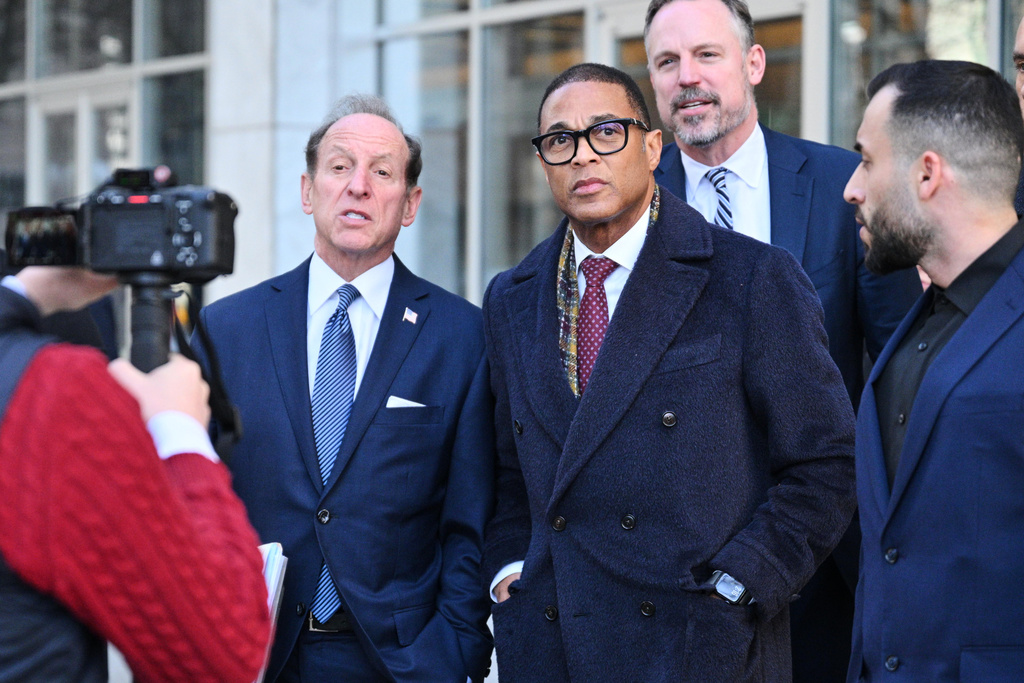
Q&A: Stars and Stripes Ombudsman Is Fighting for the News Site’s Independence
The ombudsman of the military news organization Stars and Stripes wrote an extraordinary op-ed this month, calling on Stripes’ readers to help its journalists preserve the outlet’s editorial independence from the U.S. Department of Defense. We asked her what readers and journalists should know.
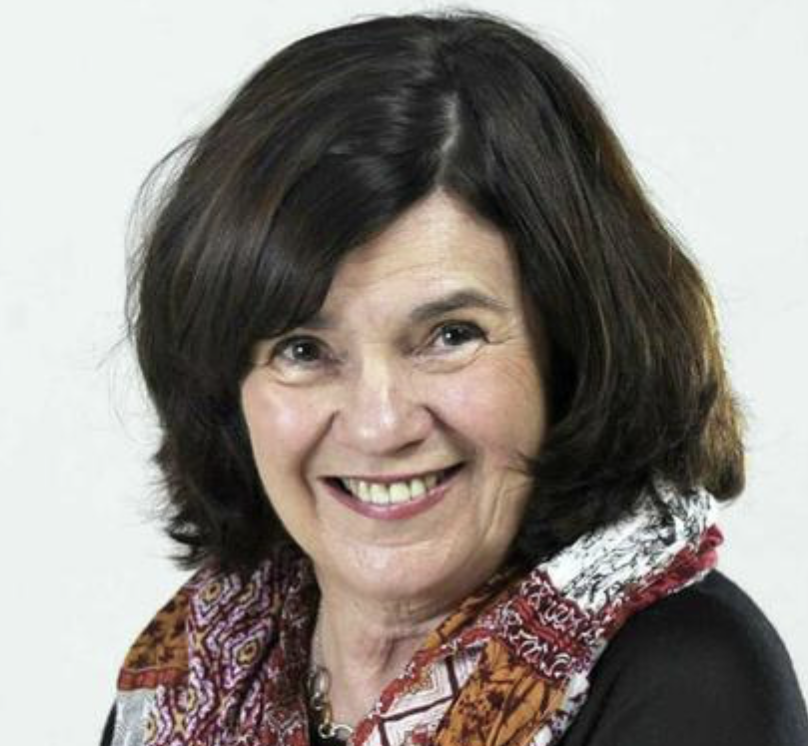
Updating an Unenforceable Ethics Code in a Skeptical Age
Why maintain a nationwide journalism code of ethics, as the Society of Professional Journalists does, when it is unenforceable and when most major news organizations have crafted excellent codes of their own? Why go to great lengths to assemble a high-powered group of editors and journalism teachers to update this unenforceable code – especially at […]

2025: A Remarkable Year
Through a new training program, the inaugural Collier Awards, a series of NYU discussion panels and dozens of stories about ethical journalism, EJI made its mark in 2025.
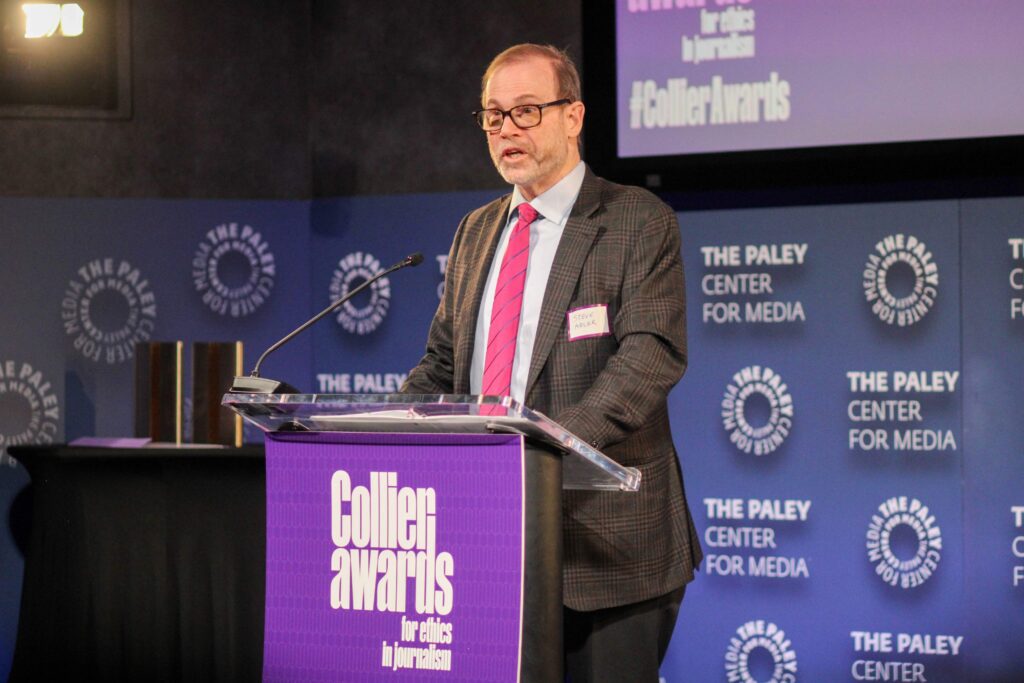
Apply for Collier Awards for Ethics in Journalism!
Apply Today! DEADLINE EXTENSION: Submissions for the Collier Awards for Ethics in Journalism are due by Monday, December, 22, 2025 at 11:59pm EST.
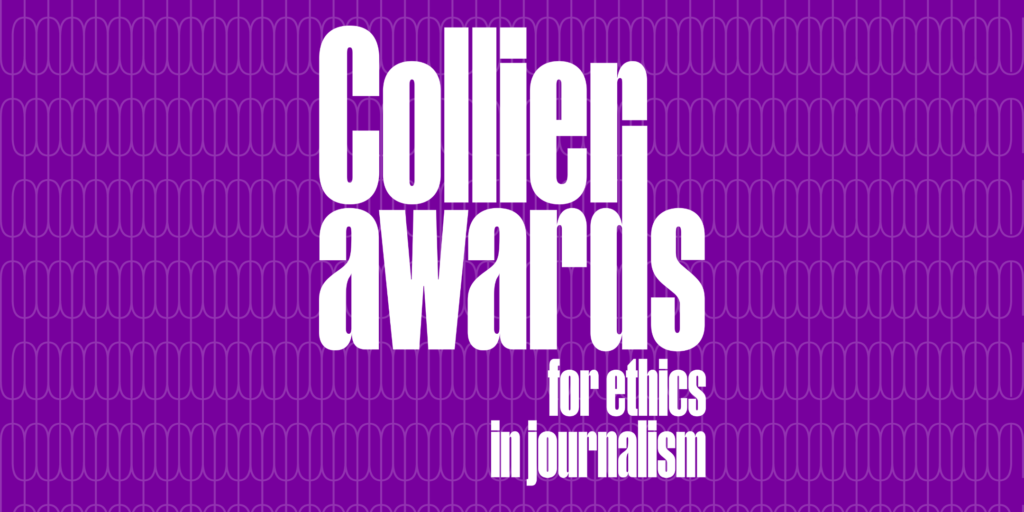
Ethics and Diversity | Everyday Ethics
What Is Ethical Climate Journalism? HEATED’s Emily Atkin, Inside Climate News Founder David Sassoon, and New York Times Reporter Somini Sengupta Weigh In
A trio of seasoned climate reporters convened at New York University to discuss story selection, seeking comment from unsympathetic sources, and balancing coverage of individual and systemic issues.
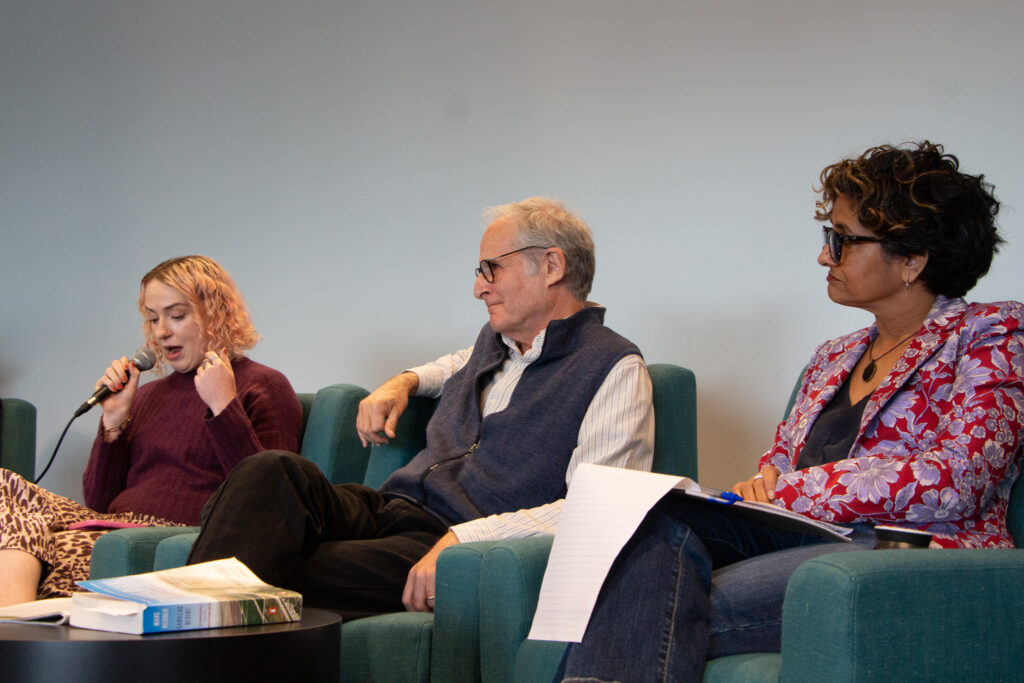
What the BBC did wrong (and CBS didn’t): A Q&A with NYU Professor and TV news legend Joe Peyronnin
Last week, two high-ranking BBC resigned after the leak of an internal report that criticized the network’s election-eve documentary about the president and accused the network of editing footage in a misleading manner. Alison Frankel delves into what did the BBC did wrong and the what ethical editing of broadcast coverage looks like.
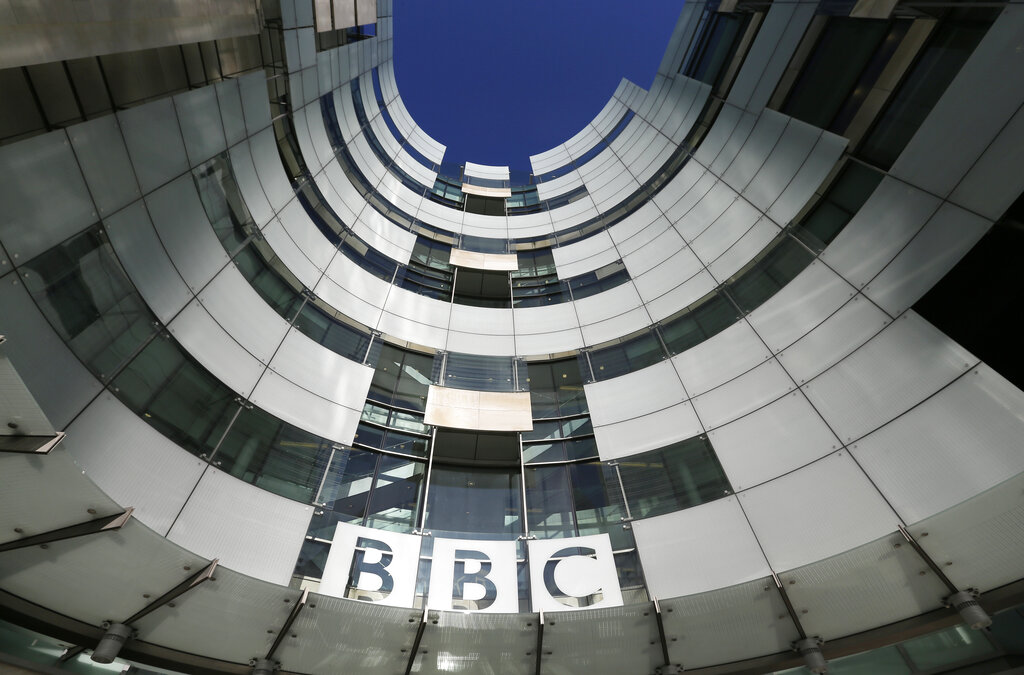
The Minnesota Star Tribune Opts for Radical Transparency on Major Scoop
The newspaper’s investigative team showed its work in a lengthy editor’s note accompanying an investigative story on the Trump administration’s planning for Portland military operations.
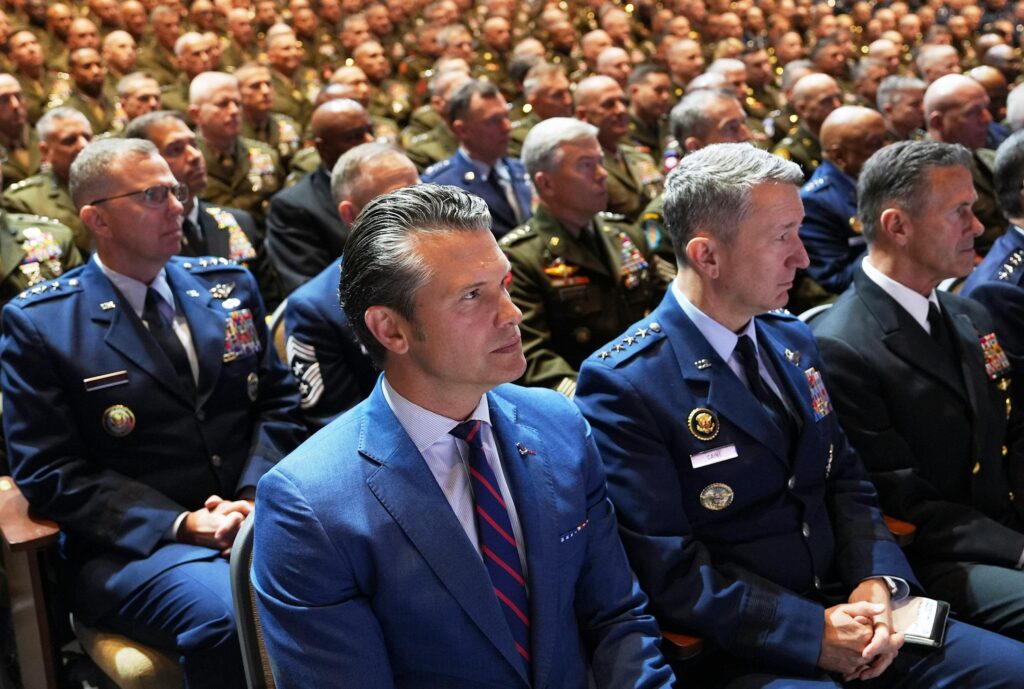
What Journalists Really Believe About the Wall Between Edit and Business: Report
A new report from TIME managing editor Lily Rothman reveals a shrinking wall between editorial and business decision-making, even as public trust in journalism wanes.

Remaking the Code
How do you design an ethics code broad enough to apply to more than 30 newsrooms around the country but detailed enough to offer real value and guidance? We sat down with Amalie Nash, former head of transformation at The National Trust for Local News, to discuss how the Trust engaged newsroom leadership to create a timely and collaborative code.

